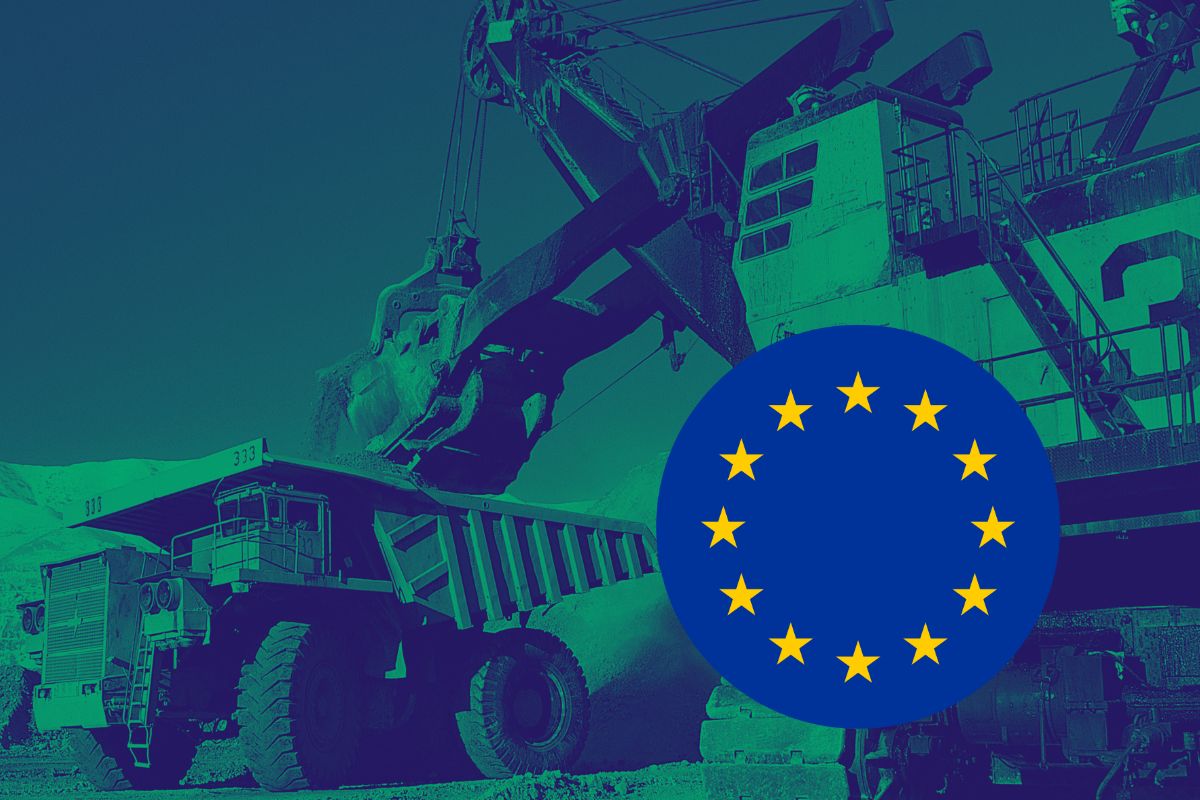Stockpiles, investments, and resource partnerships to meet industrial demand
According to European Commission President Ursula von der Leyen, current policies are struggling to keep pace with the rapidly changing world. Given the numerous challenges Europe faces, this must change, she emphasized in a speech at the Berlin Global Dialogue. A prime example of the urgency is China’s export restrictions on rare earths and battery materials. The EU now intends to address the significant impacts through the RESourceEU plan.
The initiative, currently in development, aims to significantly expand the circular economy to recover valuable resources embedded in products on the European market. At the same time, it will focus on joint raw material procurement and the establishment of strategic reserves, von der Leyen said. Coordinated purchasing had already been outlined in the EU’s Critical Raw Materials Act of 2024, with the first steps toward implementation taken this past summer (we reported).
However, the concept has faced criticism from the mining industry from the outset, with some arguing that individual companies’ procurement needs vary too widely. Benedikt Sobotka, then CEO of the Eurasian Resources Group, told the Financial Times (paywall) that these differences pose a challenge. Meanwhile, efforts to build reserves of rare earths and other resources are likely being closely monitored by China, the world’s leading exporter. In August, the Financial Times (paywall) cited industry insiders reporting that Beijing may take countermeasures, including restricting supply to specific companies if necessary.
The RESourceEU plan also calls for faster development of resource partnerships with countries rich in raw materials. Increased investments in the processing of critical materials within Europe further round out the strategy.
Photo: Digital Visions via Canva

